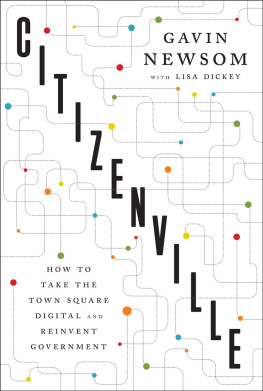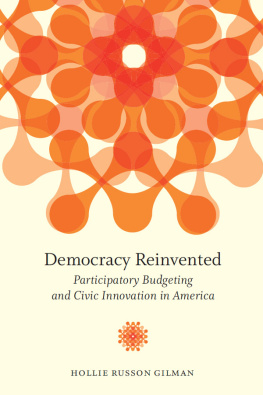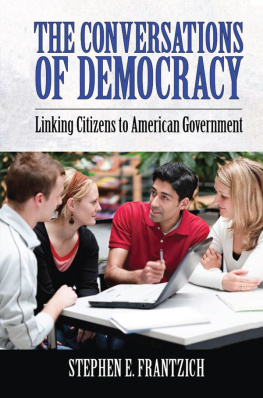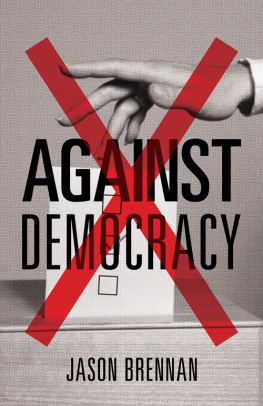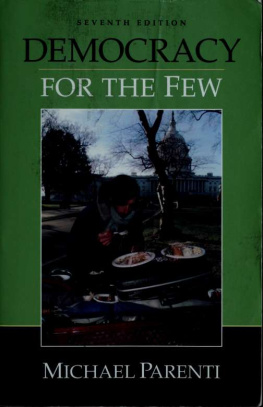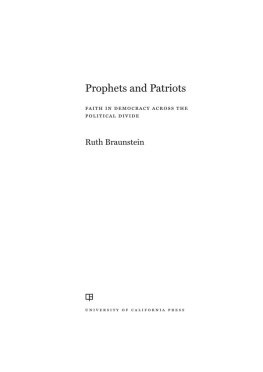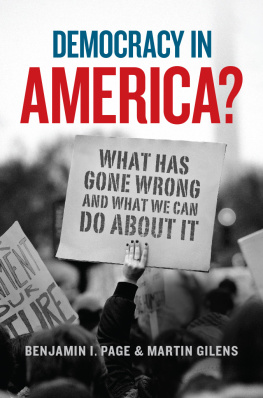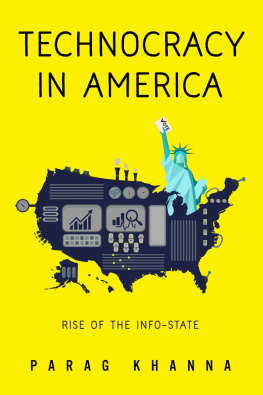THE PENGUIN PRESS
Published by the Penguin Group
Penguin Group (USA) Inc., 375 Hudson Street, New York, New York 10014, U.S.A. Penguin Group (Canada), 90 Eglinton Avenue East, Suite 700, Toronto, Ontario, Canada M4P 2Y3 (a division of Pearson Penguin Canada Inc.) Penguin Books Ltd, 80 Strand, London WC2R 0RL, England Penguin Ireland, 25 St. Stephens Green, Dublin 2, Ireland (a division of Penguin Books Ltd) Penguin Group (Australia), 707 Collins Street, Melbourne, Victoria 3008 Australia (a division of Pearson Australia Group Pty Ltd) Penguin Books India Pvt Ltd, 11 Community Centre, Panchsheel Park, New Delhi 110 017, India Penguin Group (NZ), 67 Apollo Drive, Rosedale, Auckland 0632, New Zealand (a division of Pearson New Zealand Ltd) Penguin Books (South Africa), Rosebank Office Park, 181 Jan Smuts Avenue, Parktown North 2193, South Africa Penguin China, B7 Jiaming Center, 27 East Third Ring Road North, Chaoyang District, Beijing 100020, China
Penguin Books Ltd, Registered Offices: 80 Strand, London WC2R 0RL, England
First published in 2013 by The Penguin Press,
a member of Penguin Group (USA) Inc.
Copyright Gavin Newsom, 2013
All rights reserved
Newsom, Gavin Christopher.
Citizenville : how to take the town square digital and reinvent government / Gavin Newsom with Lisa Dickey.
pages cm
Includes index.
ISBN 978-1-101-60581-3
1. Internet in public administrationUnited States. 2. DemocracyUnited States. 3. Political participationUnited States. I. Dickey, Lisa. II. Title.
JF1525.A8N497 2013
352.3'802854678dc23
2012039619
No part of this book may be reproduced, scanned, or distributed in any printed or electronic form without permission. Please do not participate in or encourage piracy of copyrighted materials in violation of the authors rights. Purchase only authorized editions.
While the author has made every effort to provide accurate telephone numbers, Internet addresses, and other contact information at the time of publication, neither the publisher nor the author assumes any responsibility for errors, or for changes that occur after publication. Further, publisher does not have any control over and does not assume any responsibility for author or third-party Web sites or their content.
FOR MY WIFE, JEN; MY CHILDREN, MONTANA AND HUNTER; MY SISTER, HILARY; MY FATHER, BILL; AND MY MOTHER, TESSA
As citizens of this democracy, you are the rulers and the ruled, the law-givers and the law-abiding, the beginning and the end.
ADLAI STEVENSON
The government is us; we are the government, you and I.
THEODORE ROOSEVELT
CONTENTS
INTRODUCTION
THIS BOOK STARTED WITH A QUESTION. Over the past several years, Ive found myself wondering: Why is it that people are more engaged than ever with each otherthrough Twitter, Pinterest, Facebook, text messagingbut less engaged with their government?
Millions of Americans can find hours every day to tweet, text, blog, post reviews, and play games with each other on social-networking sites. Yet in 2011 when our second-largest city, Los Angeles, held an election on crucial initiatives dealing with education and the environment, only 12 percent of registered voters found time to cast a ballot. And the low turnout was so unremarkable, so par for the course, that hardly anyone even noticed or commented on it.
Where was the disconnect coming from? And what could we do to fix it?
Then I realized something else. It wasnt just that people werent engaging with their government. Elected officials werent bothering to engage with the people, eitherthat is, of course, until campaign time. I dont know about you, but I never feel so needed and loved as during the months leading up to an election, when Im suddenly bombarded with e-mails, calls, and pleas for donations. Im an elected official myself and find it annoying, so I can only imagine that everyone else finds it even more so.
Politicians love to use social mediabut only for getting people involved in campaigns or getting into their wallets. We build fancy Web sites; we ramp up our tweeting and texting and engaging and mashing up; we host online town halls. And then, once we get elected, we just shut all that off and go awayuntil the next campaign season rolls around. No wonder people feel disconnected.
Campaignsgreat campaignsbecome movements. They create enthusiasm and buy-in and connection. JFK with his We can do better, Reagan with Morning in America, Obama with Yes we can... A great campaign is a spirited, almost spiritual thing. It makes you want to do more. But nowadays, all that disappears the minute the election is over. During the campaign, we convince people to open themselves upthey let themselves hope, they let themselves believe, they let their guard down. And then we get into office and we hold a couple of Twitter town halls where we answer questions for one hour in 140-character responses. Well, John, I appreciate your question. Thats not civic engagement. Its merely cosmetic.
Politicians often say, This is what the American people want, but the truth is, most of them have no idea what people want. Average citizens have very few ways to make their voices heard in government, and the ones they do have are archaic: calling their representatives, sending a letter or e-mail, and voting every once in a while. What the American people want is most often determined by random polls, which usually means the opinions of people who happen to answer their landline phones, as cell-phone polling is still the exception rather than the rule.
Government right now is functioning on the cutting edgeof 1973. In the private sector and in our personal lives, absolutely everything has changed over the last decade. In government very little has. For the first time in history, anyone with a smartphone can have all the worlds information literally in the palm of his or her hand. People have embraced that blessing with passion, desire, and innovation, creating apps, games, tools, and Web sites that improve their daily lives. But government has held it at arms length while our problems have gotten worse.
So how do we fix this problem? How can we bridge this gap between technology and government?
To find out, I decided to talk to people at the core of the issue: the technologists, politicians, thinkers, and innovators whose work is changing not only the way we communicate, but also the way we live. Over the last eighteen months, Ive interviewed dozens of people all over the United Statespeople like Yelp cofounder Jeremy Stoppelman, former president Bill Clinton, new-media mogul Arianna Huffington, X Prize founder Peter Diamandis, Twitter cofounder Evan Williams, and the legendary innovator Stewart Brand, among many others.
I asked all of them how we can use the amazing new tools of technology to get people excited about and engaged in government again and what they saw as the future of citizen participation in this hyperconnected age. Their answersoften surprising and always enlighteningform the backbone of this book.
Each of these people brought something unique to the table, but taken as a whole, their thoughts added up to one overarching message: The revolution is happening now, and the world is changing too quickly for government to respond with tiny, incremental changes. It is time to radically rethink the relationship between citizens and government.

